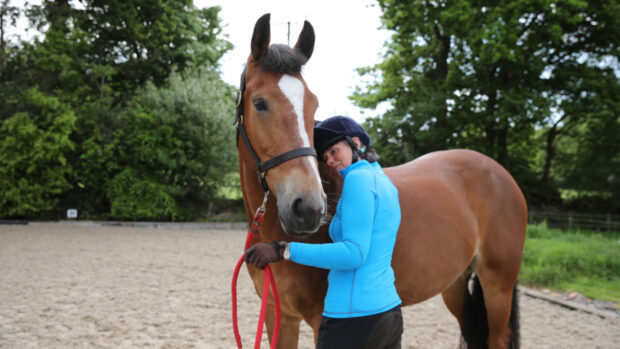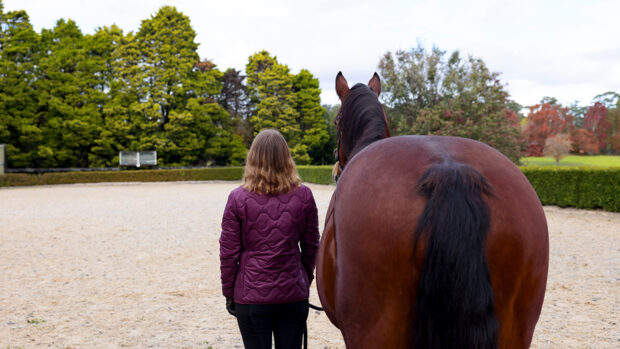A report by Mind, the mental health charity, has revealed that elite sportspeople fear that admitting a mental health problem will affect their career.
The report has found that professional athletes could be struggling in silence, because they are afraid that asking for help with a mental health problem. In mental health awareness week (11-17 May) people are urged not to suffer alone.
Mind’s report, Performance Matters: Mental Health in Elite Sport, calls on professional sports clubs, governing bodies and community organisations to forge closer working relationships as part of a pan-sport mental health network.
The report comes in response to an increasing number of ex-sportsmen speaking out about struggles with their own mental health, including Frank Bruno, Dame Kelly Holmes and Marcus Trescothick, and some high-profile suicides, including the death of German footballer Robert Enke.
“When people in the public eye speak out it inspires others to seek help,” said Paul Farmer of Mind.
“It’s shocking to think that some athletes feel driven to suffer in silence in case it affects their careers.
“We are delighted things are starting to happen in sport, to support and prevent people from developing mental health problems, but working in isolation is not the solution. We want to work with governing bodies to find better ways of ensuring that sporting heroes have the support they need.”
The British Equestrian Federation told H&H that riders on the World Class Programme have access to support.
“All athletes are seen regularly throughout the year,” said Peter Whitehead, chief medical officer for the World Class Programme.
“We have a sports psychologist who can support riders if needed, with the ability to call on a clinical psychologist if required. Further to this there is a system in place within the English Institute of Sport [EIS], which allows us to refer for further specialist care.”
Equestrians such as Polish dressage rider Michal Rapcewicz and jockey Mark Enright have spoken about battling depression.
The jockey had originally said he had a problem with his appendix, but later revealed he had been suffering from depression.
Eating disorders are also rife in horse sport.
In a study in October’s British Journal of Sports Medicine, riders were named — along with boxers, gymnasts and long-distance runners — as athletes among whom eating disorders were likely to be prevalent.
And it’s not just those who are competing at the top level that suffer. In February H&H reported on the high suicide rate and mental health issues in the veterinary profession, and how the industry was tackling the issue with extra funding and help programmes.
The British Grooms Association (BGA) said “from time to time” it is contacted by those suffering from depression.
“It is rarely a simple situation that has led to them being so unhappy, but more often than not something that is accentuated by the stresses of the job of a groom,” said the BGA’s Lucy Katan. “We have also been contacted by employers who are unaware of how to deal with staff suffering from a mental illness; they must follow correct procedures or else could find themselves in a pickle.
Ref: H&H 7 May, 2015




